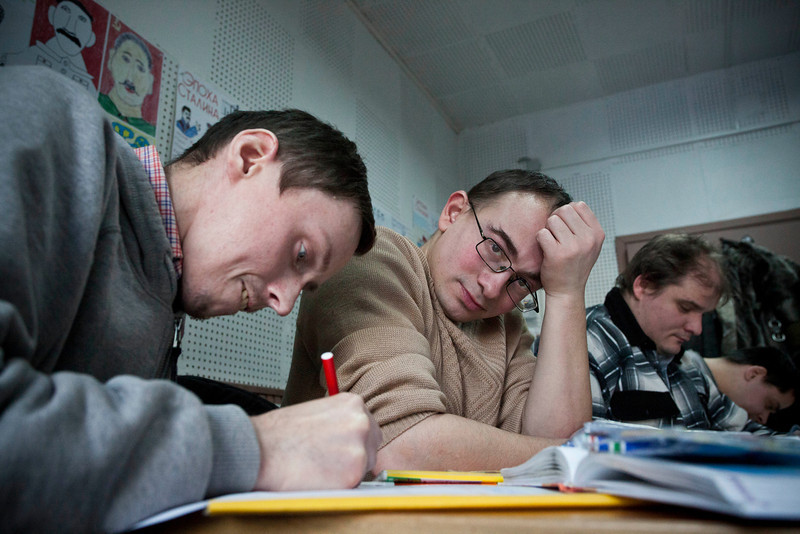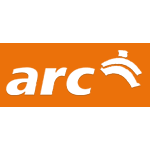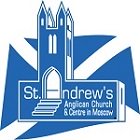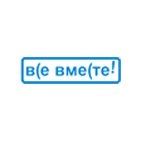Primary Education

Each year, more than 100 young people – residents and graduates of correctional orphanages and institutions – come to Step Up. Around 40% of them are adults, from 18 to 30 years old, and are residents of psychoneurological institutions. Having been officially recognised as ‘unteachable,’ many of them have never learnt to read, write, or count.
As a rule, such students at Step Up are motivated by a huge desire to learn, be educated, learn practical life skills, and have the chance to know more about the wider world and communities outside the institution. The motivation in these groups is always far higher than in other groups.
The primary education programme includes:
- Learning to write, read, and count (individual lessons);
- Study of core primary school subjects (Russian language, reading, maths, history, geography, natural history, biology, IT, English);
- Project preparation and presentation of lectures (the foreign culture club’s ‘History of Inventions’ lecture);
- Participation in Step Up’s events, which have educational and developmental purposes and enable socialisation (trips to sites in the Moscow region, visiting museums, historical monuments, theatres, cultural centres etc.).
What Step Up provides within this programme
Students come to us as adults with a clear set of goals, and the Centre gives them the means of reaching those goals – through knowledge.
- Many of the students aim to be passed by psychological-medical-pedagogical commissions (PMPC), which can result in a change to, or removal of, their official diagnoses, so that they will be able to leave their psychoneurological institution and begin an independent life. Our teachers help students prepare for the commission, which tests their reading, writing, and counting skills as well as their capacity to solve various tasks from daily life. Each year, one or two of our students are passed by the commission, and receive the right to independent housing. In the Centre’s history, there are many such success stories and we are always delighted when someone realizes such a precious goal.
- Another, no less important, reason why students come to study at the Centre is a lack of practical skills, abilities, and knowledge essential for daily life. Students want to learn to read, write, count, get about the city, use a map, and have a job interview or conduct a telephone conversation. Acquiring these skills allows them to feel comfortable in society.
- We are currently actively developing our professional courses and job placement assistance for students from psychoneurological institutions. This is an entirely new direction of development for us but the first successful steps have already been taken.
- Studying at the Centre also gives our students the opportunity to socialise with other students, participate in the Centre’s events, celebrate birthdays and festivals, and solve problems together – all of this creates the atmosphere of trust and friendship that cannot be found in institutions.
Students always look forward to being at Step Up. The Centre gives them a place they can spend their free time (they can leave their psychoneurological institution only with a special pass) and interact with teachers, volunteers, and others who are not indifferent to their plight.








